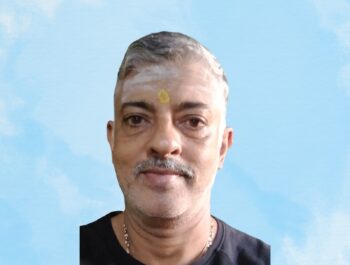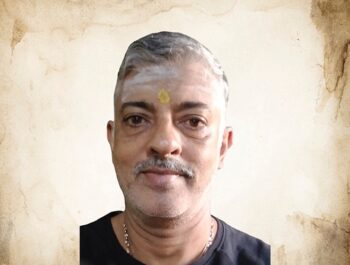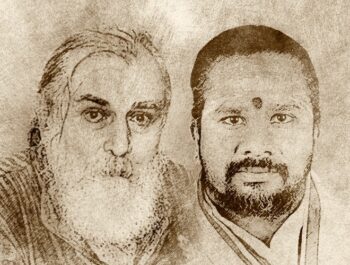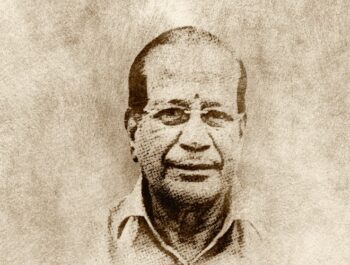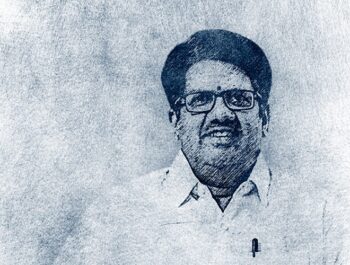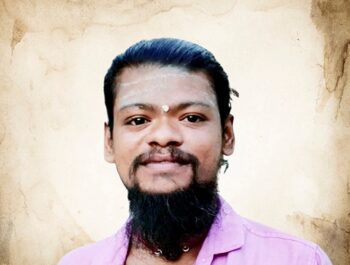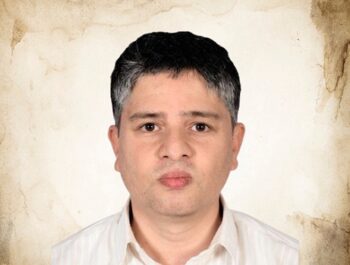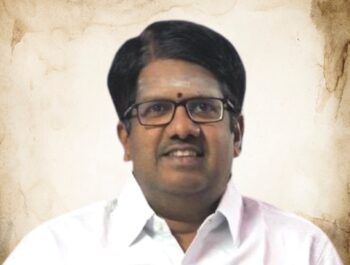The classical Tamil Saiva Devotional corpus is known as Tirumurai which consists of 12 books. The first seven are generally known as the Tevaram which were sung by Tirujnanacampantar, Tirunavukkaracar and Sundaramurti who were collectively known as the Nayanmar-s. The 8th Tirumurai comprises the Tiruvacakam and Tiruccirrampalakkovaiyar sung by Manikkavacakar.
The 9th Tirumurai comprises the devotional poems sung by nine great Sivabhakta-s most of whom came after the Nayanmar-s. Of these nine great Bhakta-s, Karuvur Tevar was well known as the spiritual teacher of Rajaraja Chola and Kantaradittar was the paternal uncle of Rajaraja Chola.
A large part of the 9th Tirumarai comprises devotional poems addressed to God Nataraja and sung at the greatest Saiva holy town Tillai (Chidambaram).
These devotional poems bring out the highest Sivabhakti and complete surrender at Siva’s holy feet and they are in no way inferior to the Tevaram songs. One of these known as Tiruppallantu, sung by the great Sivabhakta Centanar, after singing the glory of Siva-Nataraja prays and wishes for the ‘eternality for Siva’ (pallāṇṭu).
